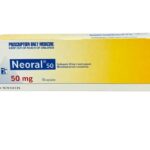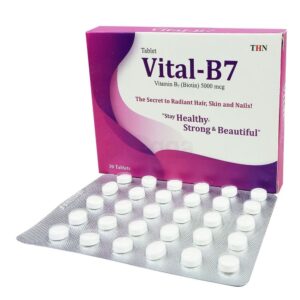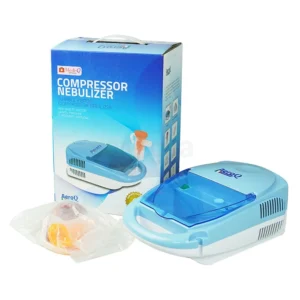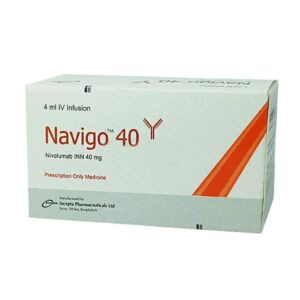Description
- Solid organ transplantation
- Bone marrow transplantation
Non-transplantation indications-
- Endogenous uveitis
- Nephrotic syndrome
- Rheumatoid arthritis
- Psoriasis
- Atopic dermatitis
Pharmacology
Dosage & Administration
Bone marrow transplantation: Initially 12.5 to 15 mg/kg given in 2 divided doses, starting on the day before transplantation. Maintenance treatment of 12.5 mg/Kg in 2 divided doses should be continued for at least 3 months (and preferably for 6 months) before the dose is gradually decreased to zero by 1 year after transplantation.
Endogenous uveitis: Initially 5 mg/kg per day orally given in 2 divided doses are recommended. For maintenance treatment, the dose should be slowly reduced to the lowest effective level.
Nephrotic syndrome: Initially 5 mg/kg for adults and 6 mg/kg for children given in 2 divided doses. In case of renal impairement, the initial dose should not exceed 2.5 mg/kg per day. For maintenance treatment, the dose should be slowly reduced to the lowest effective level.
Rheumatoid arthritis: For the first 6 weeks, the recommended dose is 3 mg/kg per day in 2 divided doses. To achieve full effectiveness, up to 12 weeks of Sporium therapy may be required. For maintenance treatment, the dose has to be titrated individually according to tolerability.
Psoriasis & Atopic dermatitis: Initially 2.5 mg/kg per day orally given in 2 divided doses and 5 mg/kg per day for patients whose condition requires rapid improvement. For maintenance treatment, doses have to be titrated individually to the lowest effective level.
Interaction
Drugs that increase Neoral levels: Macrolide antibiotics (e.g., erythromycin, azithromycin and clarithromycin), ketoconazole, fluconazole, itraconazole, voriconazole, diltiazem, nicardipine, verapamil, lercanidipine, metoclopramide, oral contraceptives, danazol, methylprednisolone (high dose), allopurinol, amiodarone, cholic acid and derivatives, protease inhibitors, imatinib, colchicine.
Other relevant drug interactions: Neoral may reduce the clearance of digoxin, colchicine, prednisolone and HMG-CoA reductase inhibitors (statins).
Contraindications
- Kidney failure, except in patients with nephrotic syndrome, in whom disease-related moderate increases in baseline serum creatinine values (max. 200umol/L in adults and max. 140umol/L in children) improve and cautious therapy (max. 2.5mg/kg/day) is thus permitted.
- Uncontrolled hypertension
- Uncontrolled infection
- History of known or diagnosed malignancy of any kind except premalignant or malignant skin changes.
Side Effects
Cardiovascular: Hypertension.
Nervous system: Tremor, headache, paraesthesia.
Gastrointestinal tract and liver: Anorexia, nausea, vomiting, abdominal pain, diarrhoea, gingival hyperplasia and hepatic dysfunction.
Metabolic: Hyperlipidaemia, hyperuricaemia, hyperkalaemia, hypomagnesaemia.
Musculoskeletal: Muscle cramps, myalgia and rarely muscle weakness, myopathy.
Haemopoietic: Usually uncommon but anaemia, thrombocytopenia can occur.
Skin and appendages: Hypertrichosis and allergic rashes.








Reviews
There are no reviews yet.